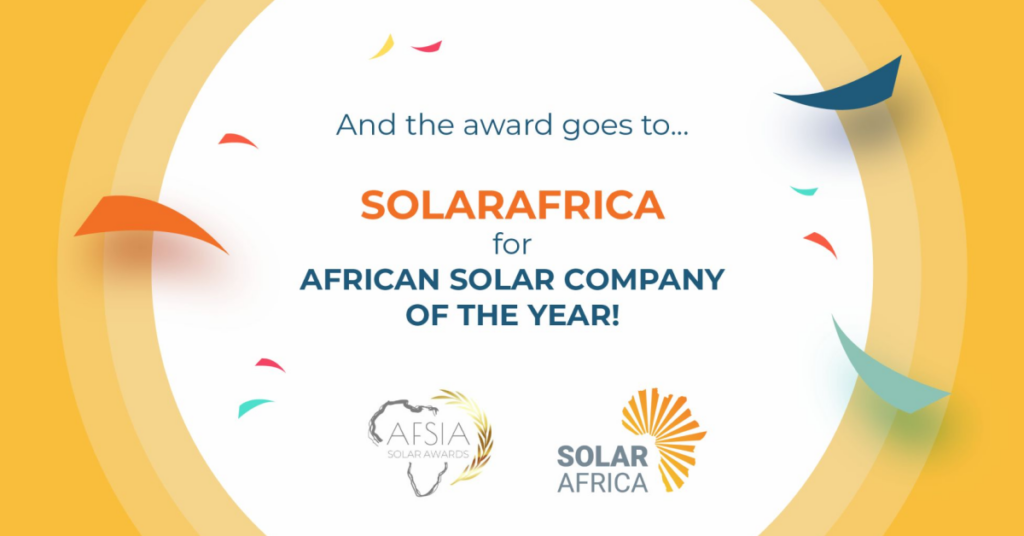In January 2022, SolarAfrica was buzzing with excitement to share the news that we’d teamed up with Elephants Alive and sponsored 10 insulated beehives within the Greater Kruger National Park. The motivation behind the sponsorship was twofold: to celebrate reaching 10 000 followers on LinkedIn and to show our commitment to supporting sustainability in South Africa.
In honour of World Bee Day which took place over the weekend, it’s the perfect time to share an update on Elephants Alive’s un-bee-lievable conservation programme, and what our humming hives have been up to.
Why we need to save the bees
Pollination is crucial to the survival of our planet’s ecosystems. Nearly 90% of the world’s wild flowering plant species, 75% of the world’s food crops and 35% of global agricultural land depend on pollinators such as bees. Unfortunately, bees are under threat of extinction mostly due to human activities, with eight species of bees already declared as endangered.
Luckily, hundreds of organisations worldwide are on a mission to save the bees, including South Africa’s very own Elephants Alive team who are supporting bee conservation alongside their elephant conservation efforts.
The Bees, Trees, Elephants and People programme
In 2015, Elephants Alive began its pioneering Bees, Trees, Elephants and People programme to investigate ways of reducing the impact of elephants on iconic large trees. Elephants are afraid of bees as they are vulnerable to bee stings on their face and trunk tip, so the team uses beehives as a kind of ‘fence’ by hanging the hives from trees as a natural and non-intrusive elephant deterrent.

This programme has proven highly successful: elephants are avoiding the trees while the bees help pollinate the trees – all with the added benefit of producing ‘elephant-friendly’ honey and beeswax products.
The programme also trains the award-winning, all-female Black Mamba Anti-Poaching Unit to become beekeepers – helping them diversify their skillsets, improve food security, and earn extra income from honey and wax sales.

To date, 100 beehives have been installed, and the Black Mambas are being trained in beekeeping, honey production and horticulture.
A sweet treat for the SolarAfrica team
Our bees have been quite busy! The 10 sponsored hives have produced around 20 litres of honey. We received some of the honey to use as work anniversary gifts for SolarAfrica employees: golden sun-sponsored honey for our golden sun-powered team!

The sponsored hives will continue to contribute to Elephants Alive’s efforts in saving the trees and saving the bees.
How you can support World Bee Day, every day
Here’s some inspiration on how you can play your part in saving the bees:
- Create a bee-friendly garden with flowers that bloom at different times of the year (you can find some ideas here)
- Buy raw honey from local farmers
- Make your own bee water fountain by leaving a water bowl outside
- Avoid using pesticides, fungicides or herbicides in your garden
- Support local organisations by donating to their programmes
- Share local organisations’ posts on social media to spread the word about the great work they do on social media
Did you know?
You can support the Elephants Alive beekeeping programme here.
“Where there are bees there are flowers, and wherever there are flowers there is new life and hope.” ― Christy Lefteri, Author of The Beekeeper of Aleppo

Planning your organisation’s green energy road map is easier than it seems. Fill in our green energy goals questionnaire to identify the right alternative energy solution for your business.




